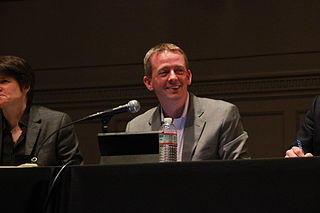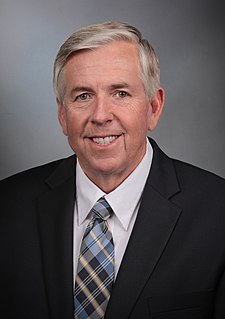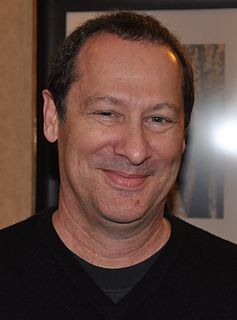A Quote by David Rolf
When workers make more money, they respond by being more productive in their jobs and are less likely to leave, reducing turnover costs. This puts money in business' pockets, and workers also then have more money to spend in the local economy.
Related Quotes
To walk in money through the night crowd, protected by money, lulled by money, dulled by money, the crowd itself a money, the breath money, no least single object anywhere that is not money. Money, money everywhere and still not enough! And then no money, or a little money, or less money, or more money but money always money. and if you have money, or you don't have money, it is the money that counts, and money makes money, but what makes money make money?
When the government takes more money out of the pockets of middle class Americans, entrepreneurs, and businesses, it lessens the available cash flow for people to spend on goods and services, less money to start businesses, and less money for businesses to expand - i.e. creating new jobs and hiring people.
The best way to encourage economic vitality and growth is to let people keep their own money.When you spend your own money, somebody's got to manufacture that which you're spending it on. You see, more money in the private sector circulating makes it more likely that our economy will grow. And, incredibly enough, some want to take away part of those tax cuts. They've been reading the wrong textbook. You don't raise somebody's taxes in the middle of a recession. You trust people with their own money. And, by the way, that money isn't the government's money; it's the people's money.
For the workers and their families, being able to bring home a living wage helps their families and, by extension, helps our economy. Seventy percent of our economy is consumer-based. We know that when lower- and middle-class families have money and disposable income, they spend it. That puts money back into the economy. It's a win-win for everybody: Not just for the individual, not just production at a specific company (like Nissan), but for the greater good.
What do the 5%, or the 1% actually use their money for? They lend it back to the economy at large, they load it down with debt. They make their money by lending to the bottom 95%, or the bottom 99%. When you give them more after-tax income, it enables them to buy even more control of government, even more control of election campaigns. They're not going to spend this money back into the goods-and-services economy.
The way that I make films is that I sit down and I think, "How much money could I get with less consequences?" And that's how I start. I'd rather have less money and total autonomy than more money and start having to answer to things, because then I'm not being true and the money men are not being true.







































